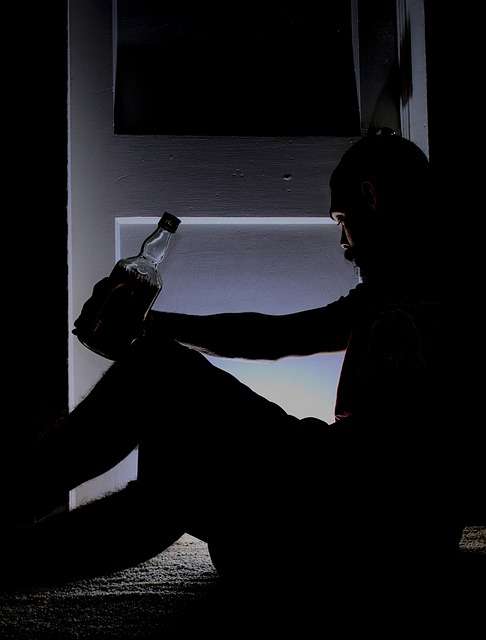Alcohol addiction is not a choice. This statement might not seem groundbreaking these days, but the concept of alcoholism as a condition was a new idea in 1939 when the book Alcoholics Anonymous was published. Beating alcohol addiction is possible with the right support.
12 Step Program
Referred to as the Big Book of Alcoholics Anonymous, this publication not just changed the conversation concerning alcoholism, but additionally catapulted the 12-Step recovery model into the eye of the public. Nowadays, Cocaine Anonymous, Narcotics Anonymous, Gamblers Anonymous, Heroin Anonymous, Food Addicts in Recovery Anonymous, and Sexaholics Anonymous all provide a 12-Step approach to recovery that is based on the success of the initial AA model. The 12 Steps were adopted almost word-for-word by Alateen/Al-Anon, a recovery program for friends and families impacted by a family member’s drinking.
Working Out The 12 Steps to Beating Alcohol Addiction
The Twelve Steps are a set of addiction treatment guiding principles outlining a course of action for dealing with problems, which include compulsion, drug addiction, and alcoholism.
The purpose includes recovering from out-of-control, compulsive, behaviors and restoring order and manageability to your life. It is a way to see that your behavior is just a symptom, a type of “check engine” light that discovers what is actually going on underneath the hood.
Why and How Does it Work?
“Twelve Step therapy is a proven approach,” according to the American Society of Addiction Medicine. So, how does 12-Step therapy work? Participants are encouraged to take a truthful reflection of themselves and deconstruct their egos then rebuild, bit by bit. Why does 12-Step therapy work? They encourage the practice of forgiveness, self-discipline, courage, compassion, humility, and acceptance—all journeys to spiritual growth, positive behavioral change, and emotional well-being.
What Does it Mean in Step One to “Admit Powerlessness?”
Admitting that you are powerless isn’t the same as admitting weakness. It just means leaning on others, relying on your support system, and asking for help. It means admitting—as well as accepting—that you are living with a condition that alters the brain. It may seem backward; however, when you finally admit that you do not have power, it is possible to access the necessary power.
Is it Necessary to be Religious to Follow the 12 Steps?
The answer is no. While it is a fact that the Twelve Steps were initially based on spiritual organization principles, the world is not the same as it was in the year 1935 when the Twelve Step program and AA were founded. The term “God” was ultimately replaced with the phrase “Higher Power” to be more accessible to every person, regardless of beliefs or faith traditions.
How Long Will it Take for the 12 Steps to Work?
With the 12 Steps, there isn’t any hard or fast timeline. The 12 Steps are supposed to be addressed in order, but there isn’t any “right” manner to approach them. At times, people just need a break in between Steps, occasionally people simply need to spend longer on one Step than another, some folks never quit working on the Twelve Steps because they’ll become part of life.
Twelve Steps Pros
- The 12 Steps are organized, established, and widely known.
- The ones who struggle with substance use have access to a supportive peer network.
- It is easy to locate a meeting in which the 12 Steps are practiced.
There is little to no cost to the ones in need—it is a free intervention that addresses a chronic illness.
Getting Professional Help and Assistance
Twelve Step Cons
- Some folks are not interested in being involved in group settings.
- Because of the group’s anonymous nature, there is a lack of official shared success rates.
- The 12 Steps get criticized for not addressing the necessities of the ones having trouble with mental illness.
- When the 12 Steps were initially created, science had yet to show a genetic connection to addiction.
Is there an alternative to a Twelve-Step program?
You can check into a rehab facility and get the professional help and assistance you need. When you visit the team at Pacific Bay Recovery, we’ll examine you from a psychological, neurocognitive, cognitive, musculoskeletal, and medical viewpoint. Usually, a typical program starts with medical detox followed up by 90 days of inpatient treatment and then 21 months in an outpatient clinic.
We can even offer medications to stop drinking alcohol, like an anti-alcohol pill. Our therapy programs are customized, so you may be confident knowing that you’re receiving the best treatment for your situation. When searching online for “rehabilitation centers near me,” if you live in the San Diego, CA area, you can call us today at (619) 350-8220 or fill out our inquiry form here.


